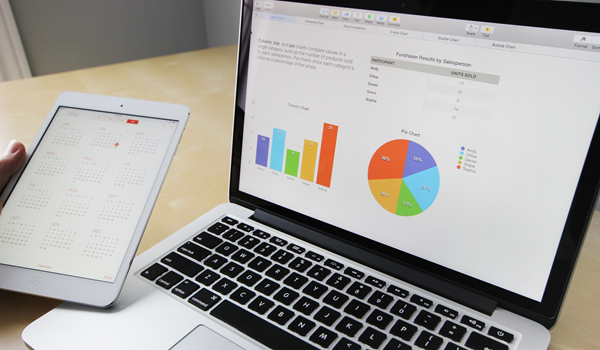There may be occasions where one of our GPs or our practice nursing team requires you to attend the practice for a blood test. This is usually where we are checking for an illness or ruling something out.
The results are sent off to a laboratory and we usually receive the results in 7 days - depending on what your blood is being tested for.
A blood test is when a sample of blood is taken for testing in a laboratory. Blood tests have a wide range of uses and are one of the most common types of medical test. For example, a blood test can be used to:
- assess your general state of health
- confirm the presence of a bacterial or viral infection
- see how well certain organs, such as the liver and kidneys, are functioning
A blood test usually involves the phlebotomist taking a blood sample from a blood vessel in your arm and the usual place for a sample is the inside of the elbow or wrist, where the veins are relatively close to the surface. Blood samples from children are most commonly taken from the back of the hand. The childs hand will be anaesthetised (numbed) with a special cream before the sample is taken.
You can find out more about blood tests, their purpose and the way they are performed on the NHS Choices website.
The Practice does not undertake blood tests for the hospital unless they are part of specified ongoing treatments involving INRs for warfarin management, methotrexate or one of a very limited number of drugs prescribed by GPs under specific shared care advice from consultants.
All tests that are required by the hospital must be undertaken by the hospital and you should be booked in to see a hospital phlebotomist.
Why is this?
The clinician who requests the test is responsible for reading the test results correctly. The reason a person may be under a consultant at a hospital is for specialist advice. A GP practice cannot and should not do these blood tests as the result would come back to the GP and not the specialist as they should do. A GP cannot take responsibility for reading the test results for a specialist consultant.
Some drugs (e.g. chemotherapy) may only be prescribed by hospital consultants because they require specialised monitoring blood tests and so for your safety, such blood tests should be taken by the consultant’s team, e.g. hospital phlebotomist.


